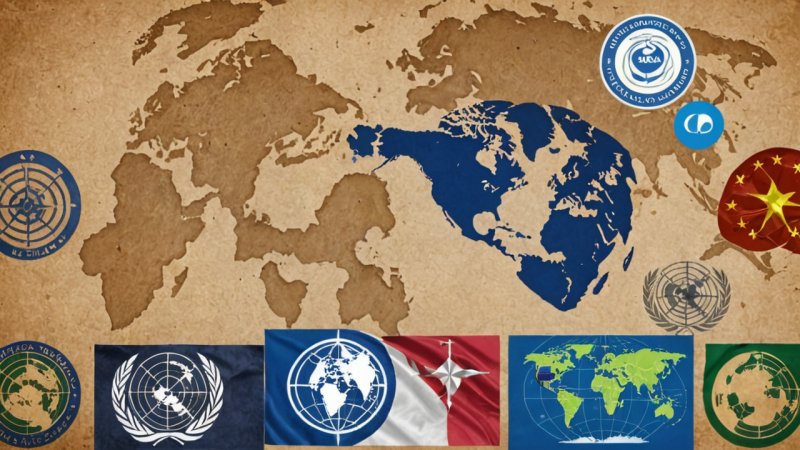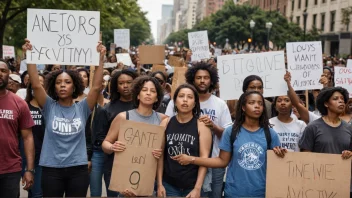International organizations play a crucial role in shaping global governance by facilitating cooperation among nations, addressing transnational issues, and promoting peace and stability. As the world becomes increasingly interconnected, these entities are essential in managing complex challenges that transcend national borders. Here, we explore five significant roles that international organizations fulfill in the realm of global governance.
1. Promoting Peace and Security
One of the primary functions of international organizations, such as the United Nations (UN), is to promote and maintain peace and security worldwide. They achieve this through various means:
- Mediation and Conflict Resolution: Organizations facilitate dialogue and negotiation between conflicting parties, helping to resolve disputes before they escalate into violence.
- Peacekeeping Missions: The UN deploys peacekeeping forces to conflict zones to stabilize regions and protect civilians.
- Disarmament Initiatives: International organizations advocate for disarmament and arms control agreements to reduce the proliferation of weapons, particularly nuclear arms.
2. Addressing Global Challenges
International organizations are at the forefront of tackling pressing global issues, such as climate change, health pandemics, and terrorism. Their contributions include:
- Coordinating Responses: They bring together countries to collaborate on strategies and action plans to address global challenges.
- Setting Standards: Organizations like the World Health Organization (WHO) establish health guidelines and protocols to manage diseases.
- Funding and Resources: They mobilize financial resources and technical expertise to support countries in implementing solutions.
3. Facilitating Economic Development
International organizations, such as the World Bank and International Monetary Fund (IMF), play a vital role in promoting economic development and stability. Their efforts include:
- Providing Financial Assistance: They offer loans and grants to developing countries to fund infrastructure projects and social programs.
- Technical Assistance: Organizations provide advisory services to help countries improve their economic policies and governance.
- Promoting Trade: They work to reduce trade barriers and foster international trade agreements that benefit member states.
4. Upholding Human Rights
International organizations are instrumental in promoting and protecting human rights globally. Their initiatives encompass:
- Monitoring Violations: Organizations like Amnesty International and Human Rights Watch investigate and report on human rights abuses.
- Advocacy and Awareness: They raise awareness about human rights issues and mobilize public opinion to pressure governments to uphold rights.
- Establishing Legal Frameworks: International treaties and conventions, such as the Universal Declaration of Human Rights, set standards for human rights that countries are encouraged to adopt.
5. Fostering International Cooperation
International organizations serve as platforms for dialogue and cooperation among nations, enhancing collaboration in various fields:
- Platform for Negotiation: They provide a neutral space for countries to discuss and negotiate agreements on various issues.
- Knowledge Sharing: Organizations facilitate the exchange of information and best practices among member states.
- Building Networks: They help create networks of experts and policymakers that foster collaboration on global challenges.
In conclusion, international organizations are pivotal in global governance, addressing issues that affect humanity as a whole. By promoting peace and security, tackling global challenges, facilitating economic development, upholding human rights, and fostering international cooperation, these entities contribute to a more stable and prosperous world. As we navigate the complexities of the 21st century, the role of international organizations will continue to be vital in shaping a collaborative global future.






